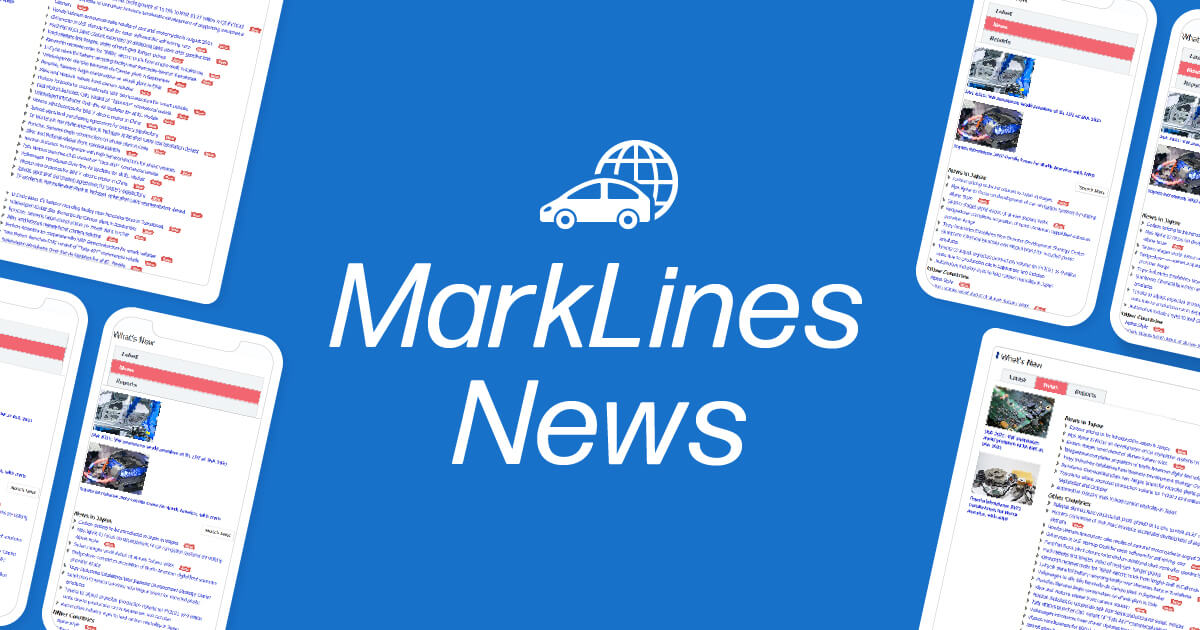Toyota and Saudi Arabia's Push for Hydrogen Fuel Cell Vehicles in Makkah
Key Ideas
- Abdul Latif Jameel Motors and Toyota Motor Corporation conducted a hydrogen fuel cell bus trial in Makkah.
- The trial was supported by the Royal Commission for Makkah City and Holy Sites as well as the Ministry of Energy in Saudi Arabia.
- This initiative signifies a push towards sustainable transportation solutions in the region.
- The collaboration aims to test the feasibility and impact of hydrogen fuel cell technology in buses for future adoption.
Abdul Latif Jameel Motors, the authorized distributor of Toyota vehicles in Saudi Arabia, collaborated with Toyota Motor Corporation to conduct a significant trial involving hydrogen fuel cell buses in Makkah. This trial was part of a larger initiative led by the Royal Commission for Makkah City and Holy Sites and the Ministry of Energy in Saudi Arabia. The purpose of the trial was to assess the viability and effectiveness of hydrogen fuel cell technology in buses, with a focus on its application in public transportation. The collaboration between the involved parties underscores a commitment to exploring sustainable and environmentally friendly transportation solutions in the region.
The trial aimed to gather data on the performance, efficiency, and overall feasibility of hydrogen fuel cell buses in a real-world setting. By testing these vehicles in Makkah, a city with unique transportation challenges and considerations, the stakeholders sought to understand how hydrogen technology could address local mobility needs while reducing emissions and promoting cleaner air quality.
The involvement of Abdul Latif Jameel Motors, Toyota Motor Corporation, and key government entities reflects a collective effort to advance the adoption of hydrogen fuel cell vehicles in Saudi Arabia. The positive sentiment towards this trial suggests a growing interest in alternative fuel technologies and a willingness to invest in sustainable transportation infrastructure. As the trial progresses, the outcomes and insights gained are expected to inform future policies and decisions related to hydrogen fuel cell vehicles, potentially paving the way for broader deployment and integration of this clean energy solution in the country's automotive sector.
